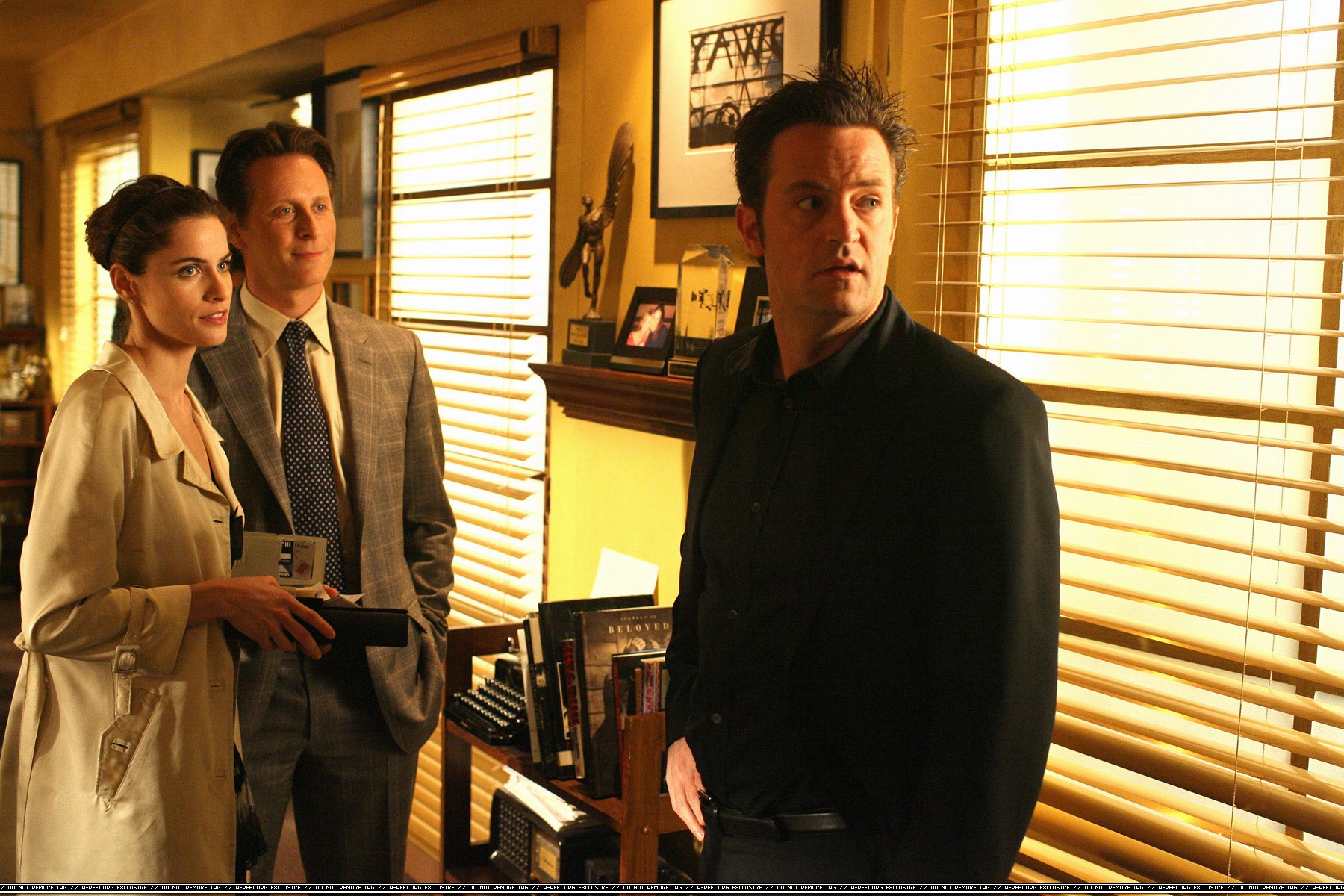Studio 60 on the Sunset Strip is a television show that captured the hearts of many viewers when it first aired. This show not only entertained audiences with its witty dialogue and star-studded cast, but it also provided a critical look at the inner workings of a late-night sketch comedy show. In this article, we will explore the various elements that made Studio 60 a unique piece of television history, delving into its themes, characters, and the impact it had on the industry. As we navigate through this analysis, we will ensure that the information is both informative and engaging, appealing to both fans and newcomers alike.
In the television landscape, few shows have managed to strike a chord with audiences as effectively as Studio 60. Created by the renowned Aaron Sorkin, the series premiered on NBC in 2006 and ran for a single season. Despite its short lifespan, the show garnered a dedicated fan base and critical acclaim, making it a noteworthy subject for discussion. The unique blend of comedy and drama, coupled with Sorkin's signature rapid-fire dialogue, sets Studio 60 apart from other shows of its time.
This article will provide a comprehensive overview of Studio 60, including its premise, character analysis, critical reception, and its lasting legacy. By the end of this piece, readers will have a deeper understanding of why Studio 60 remains a significant work in the realm of television. So, let’s dive in!
Table of Contents
1. The Premise of Studio 60
The storyline of Studio 60 revolves around a fictional sketch comedy show, also named Studio 60, and its tumultuous production environment. The series opens with a live broadcast that goes awry, leading to a series of events that force the network executives to reconsider their approach to comedy programming. The show is set against the backdrop of Hollywood, highlighting the challenges faced by the creative team as they attempt to navigate the complexities of television, including censorship, artistic integrity, and the pressures of audience ratings.
2. Key Characters and Performances
Studio 60 boasts a talented ensemble cast, each bringing their unique flair to the characters they portray. Below is a brief overview of the main characters:
| Character | Actor | Role |
|---|---|---|
| Matt Albie | Matthew Perry | Head writer of Studio 60 |
| Danny Tripp | Bradley Whitford | Executive producer and Matt's friend |
| Jordan McDeere | Amanda Peet | President of the network |
| Harriet Hayes | Sarah Paulson | Cast member and Matt's love interest |
Character Analysis
The dynamic between the characters of Studio 60 is one of the show's most compelling aspects. Matt Albie, played by Matthew Perry, is a brilliant but troubled writer grappling with personal and professional challenges. Danny Tripp, portrayed by Bradley Whitford, serves as a stabilizing force for Matt, while also dealing with his own set of dilemmas as an executive producer. The character of Jordan McDeere, played by Amanda Peet, showcases the struggles faced by women in leadership roles within the entertainment industry.
3. Themes Explored in Studio 60
Studio 60 delves into several significant themes that resonate with audiences. Some of these themes include:
- Artistic Integrity: The struggle to maintain artistic vision in an industry driven by ratings and commercial success.
- Friendship and Loyalty: The bonds between the characters highlight the importance of support and trust in both personal and professional relationships.
- Social Commentary: The show often addresses contemporary social issues, reflecting the political and cultural climate of the time.
4. Behind the Scenes: Production Insights
Studio 60 was created by Aaron Sorkin, known for his work on The West Wing. The production quality of the show was high, with a focus on sharp writing and strong performances. However, the show faced significant challenges during its run, including changes in the television landscape and competition from other popular series.
5. Critical Reception and Audience Response
Upon its release, Studio 60 received a mix of reviews. Critics praised the writing and performances, but some felt that it struggled to find its footing. Despite the challenges, the show cultivated a loyal fan base, and its cult status has only grown over the years.
6. The Legacy of Studio 60
Even though Studio 60 was canceled after just one season, its impact on television cannot be overlooked. The show has influenced subsequent series that explore similar themes and formats, and it remains a notable example of Sorkin's distinct storytelling style.
7. Conclusion
In conclusion, Studio 60 on the Sunset Strip is a remarkable television show that, despite its brief run, has left a lasting impression on audiences and the industry. Its exploration of the complexities of producing a comedy show, combined with its rich character development and relevant themes, makes it a significant work in television history. If you haven’t yet watched Studio 60, it’s worth revisiting or discovering for the first time. Share your thoughts in the comments below and feel free to explore our other articles for more insights!
8. References
For further reading and to support the information presented in this article, please refer to the following sources:
Also Read
Article Recommendations



ncG1vNJzZmivp6x7tMHRr6CvmZynsrS71KuanqtemLyue9KtmKtlpJ64tbvKamhoq6Sqsaq7jG9nZ6Ckork%3D